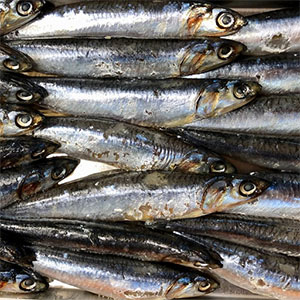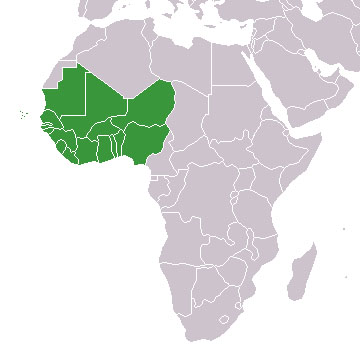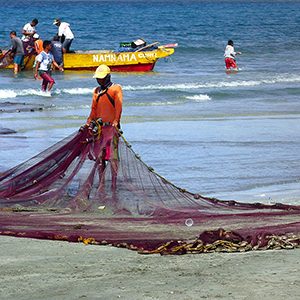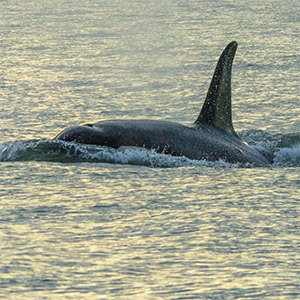Management of exploited transboundary fish stocks requires international cooperation
With an average catch of 48 million tonnes per year, and USD $77 billion in annual fishing revenue, transboundary species support critical fisheries, and require international cooperation to manage.
UBC Institute for the Oceans and Fisheries stands with Mi’kmaw Fishers
The Canadian courts have unambiguously recognized the right of the Indigenous fishers to fish to support their livelihoods, and we respect the rule of law and abhor the use of violence for settling disputes.
IOF student award winners
Announcing winners of Brian Jessop Graduate Award, Lawrence Edward Hassell Graduate Field Research Award, COSMOS International Graduate Travel Award, and Cecil and Kathleen Morrow Scholarship, respectively.
Andrew Trites and Daniel Pauly join UBC’s Quarter Century Club, Eden Fellner joins 25 Year Club
The Quarter Century Club honours faculty who have spent 25 years at UBC. The 25 Year Club honours staff who have achieved that same milestone.
FCRR – Assessments of marine fisheries resources in West Africa with emphasis on small pelagics
From a training course entitled “Utilisation de la méthode CMSY pour l’évaluation des stocks ouest-africains” held in September 23-27 2019 in Dakar, Senegal.
New World Wildlife Fund reports call for better policy to save fish from climate change
IOF’s Drs. Juan Jose Alava and William Cheung contributed to two WWF reports.
In Memoriam: Arthur (Art) Tautz
The UBC alumnus was a leader in British Columbia’s provincial fisheries agencies, adjunct professor in the IOF and its predecessor units. He will be greatly missed.
Villy Christensen receives AFS Award of Excellence
Dr. Christensen is the principal architect behind Ecopath, and the project leader and core developer of the expanded ecosystem modelling system Ecopath with Ecosim (EwE).
New footage gives whale’s-eye view of northern and southern resident orcas
UBC and Hakai Institute researchers have just returned from a 30-day research trip in the northern and southern waters of Vancouver Island, where they gathered stunning new aerial and underwater footage of northern and southern resident killer whales that offers an unparalleled glimpse into the underwater lives of these whales. The research is part of […]
Mourning the passing of Ronald (Bud) Sparrow
Ronald Sparrow was the defendant in a Supreme Court of Canada precedent, which expressly recognized aboriginal fishing rights.







